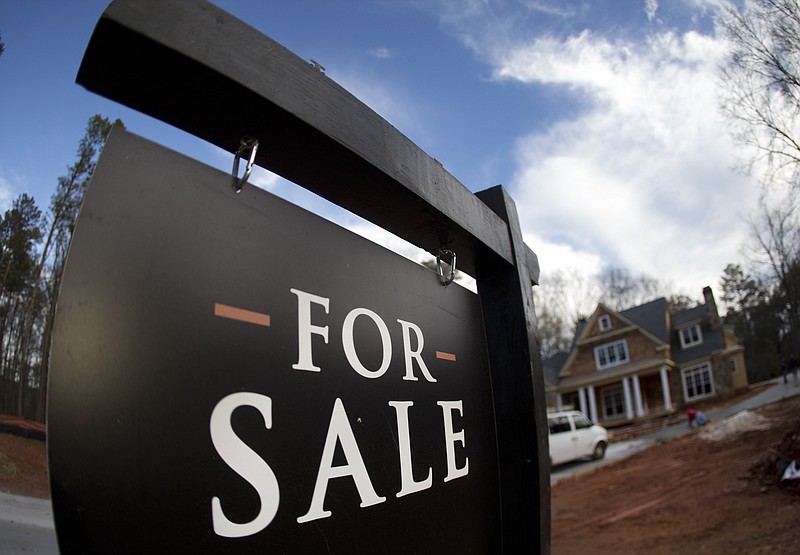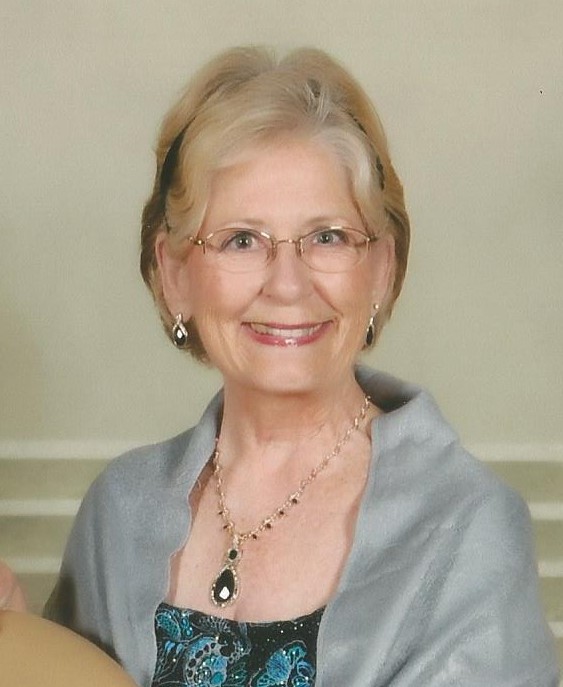To continue last week's column about buying a new home, and particularly your first house, we'll talk today about Realtors and what to look for when finding the best one for your purposes.
To relate a personal story about what the best real estate agent/broker could but ordinarily doesn't do for a prospective homebuyer, I must mention Susan Jensen with Berkshire Hathaway. Fourteen years ago, while still living in Northern Virginia, my husband and I knew we would retire to the Tennessee Valley area for a number of reasons. My sister who lived in Huntsville at the time and I hooked up with Susan, who knew from the outset it would be three long years before we moved. She still gave up several weekends a year to cart me around searching for the right neighborhoods. Over this time, she became a good friend and, to be sure, remained by my side as my husband and I bought and sold two Ooltewah homes, and my sister moved to Ringgold. Susan is the epitome of the best of the best, but, unhappily, I expect she's way in the minority.
Better Homes and Gardens helps me to offer some Realtor hints to find your own "Susan:"
As usual, get recommendations; don't just run to the newspaper or the yellow pages. Once you've found a couple of highly-recommended Realtors, sit down and talk with each to assess their specific areas of expertise. For instance, I know several who won't talk to a prospective buyer who's willing to spend less than $500K at minimum so unless you've got a chunk of change, avoid this type.
Two lists are key. What do you want and what you'll take or need. Let's say, you've always wanted a wood-burning fireplace; is this a deal-breaker or can you live without one in this house? Perhaps you can convert the gas fireplace in a few years or, perhaps, this is one of the matters that should be ignored for this particular house when you're ready to sell. Decisions, decisions! How about hardwood floors? While definitely an expense, pulling up that dingy (or otherwise) carpet and switching to hardwood is probably an advantageous investment for the next homeowner, too.
You and "Susan" study the areas in which the house is located. Are you close to work or is it easy to reach? What about close-by public transportation? We live fairly close to 153 and I75, both of which is a plus; in addition, we're not so close that the traffic is a bother. A sound idea is to drive through your potential neighborhood at different times of the day and night to get a sense of traffic, noise, and so forth.
Know real estate terms. Get your Realtor to further explain the following terms:
1) Comps/comparables refer to the prices that similar homes have recently sold for to help you decide a reasonable offer for the one you want.
2) PMI is the abbreviation for private mortgage insurance. It's required with a less-than-20 percent down payment and protects the lender. Costing anywhere from $30-$70 a month on every $100K borrowed, once you hit that 20 percent equity, you no longer must pay the PM.
3) Closing costs include a number of expenses, such as appraisals, lawyer fees, title insurance, etc. Normally, it totals 2-5 percent of the home's purchase price;.
4) Equity is the current market value of your home less what you owe on the mortgage. Over time, as you pay down the mortgage and the house appreciates in value, equity grows. It also increases when certain renovations occur, such as new stainless kitchen appliances or a new bathroom.
And, finally, as a young couple (or even an older, for that matter), buying their first home, remember to build credit, put major purchases on hold, have a cash reserve, and know your bills. I've discussed the latter in past columns, but that "Bill Book" is often a better right hand than your flesh-and-blood one!
Contact Ellen Phillips at consumerwatch@timesfreepress.com.

